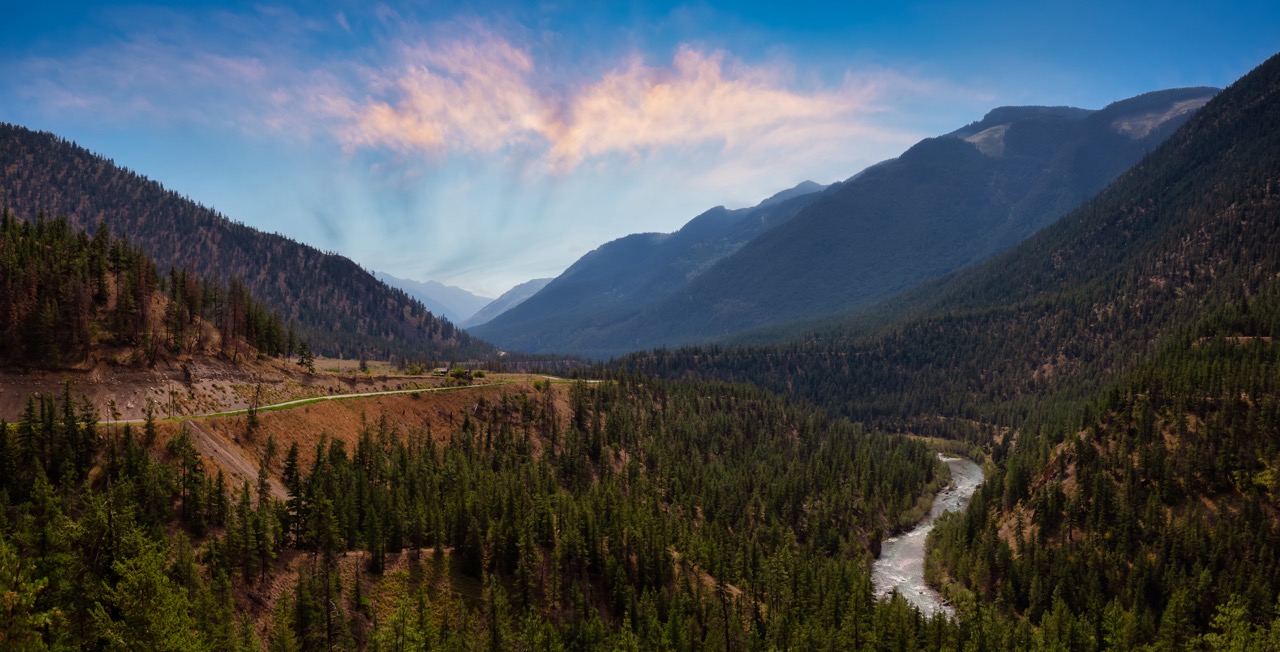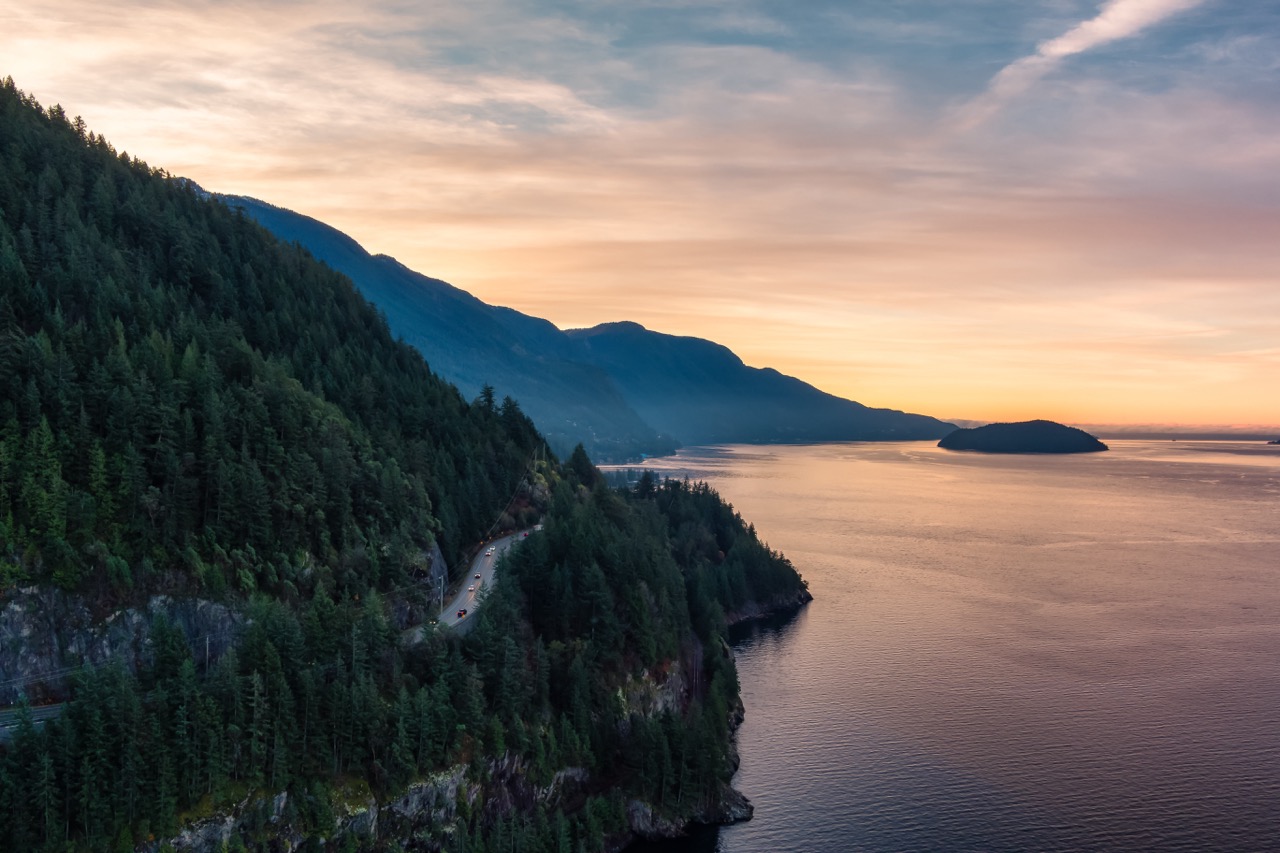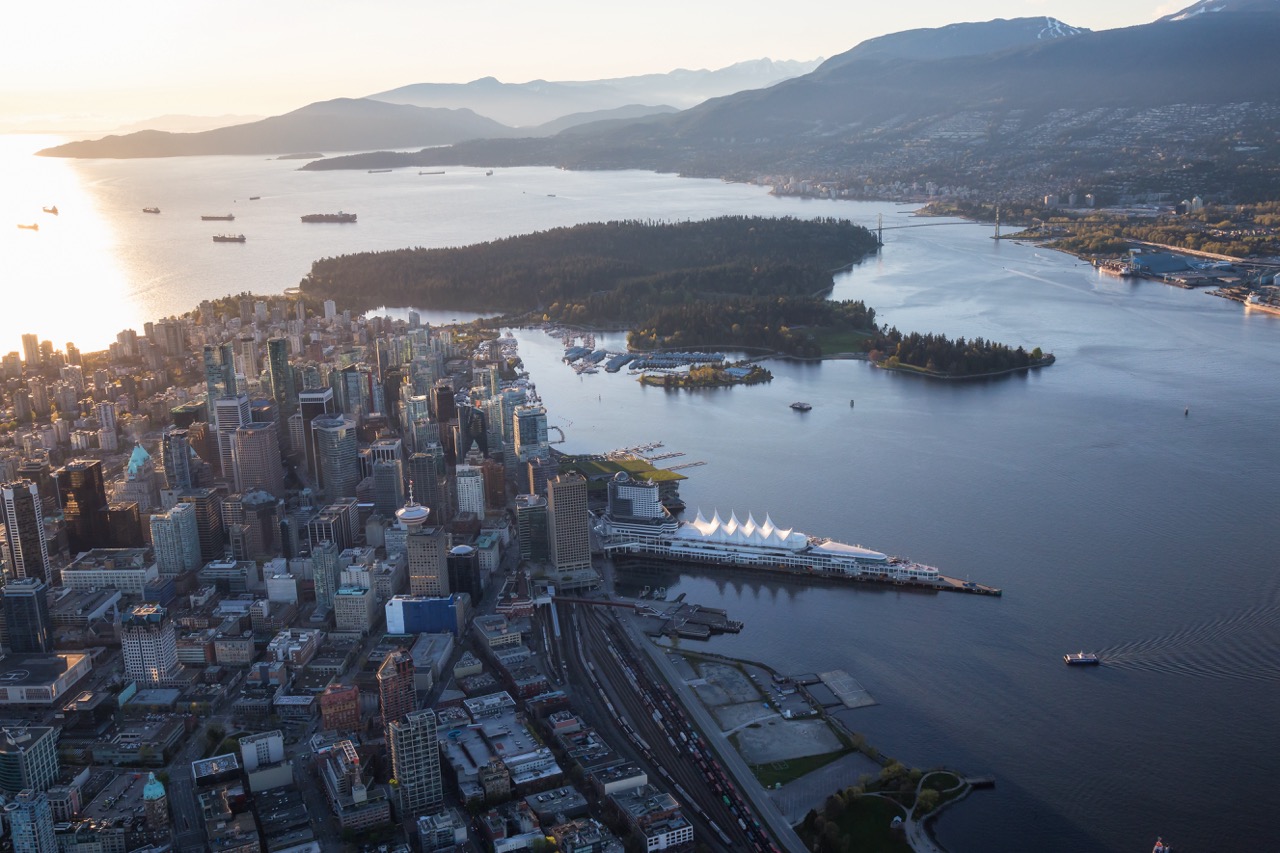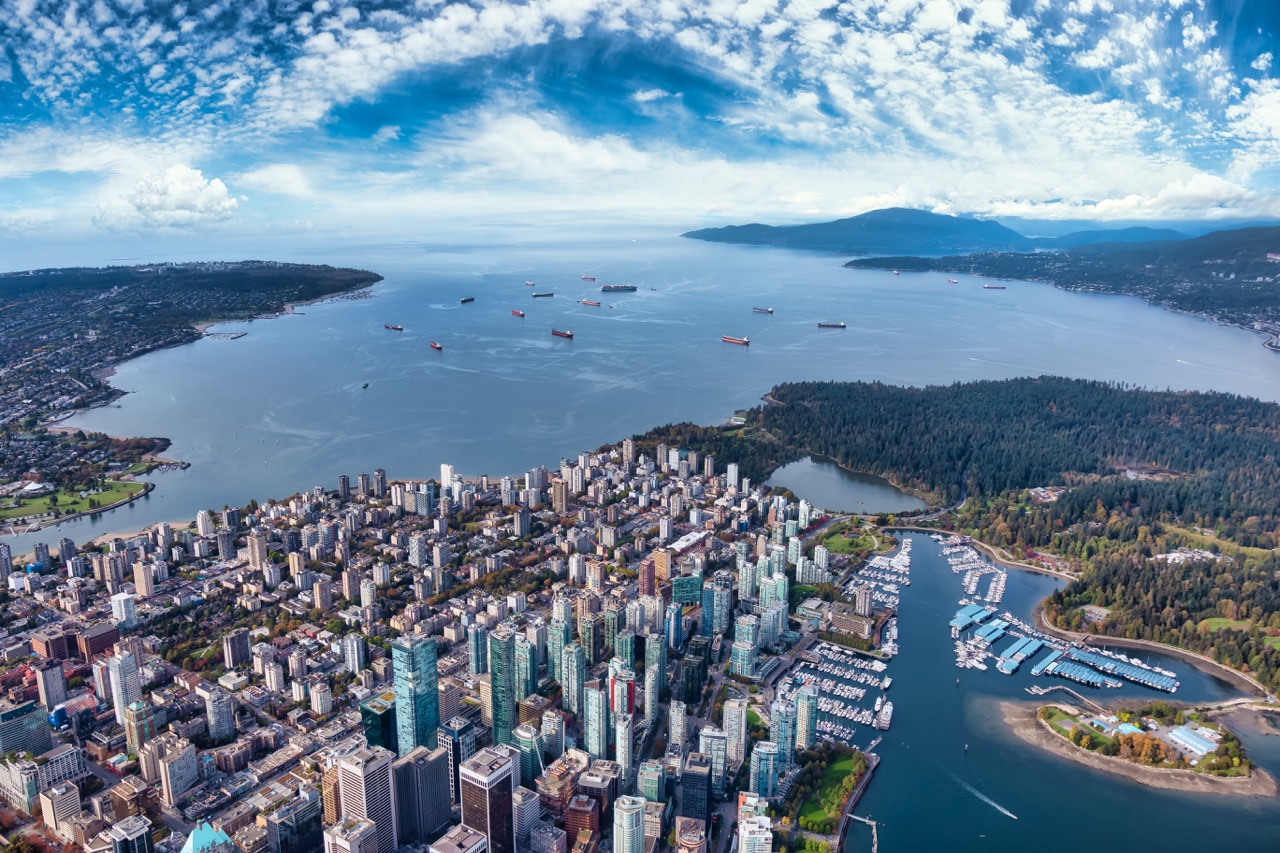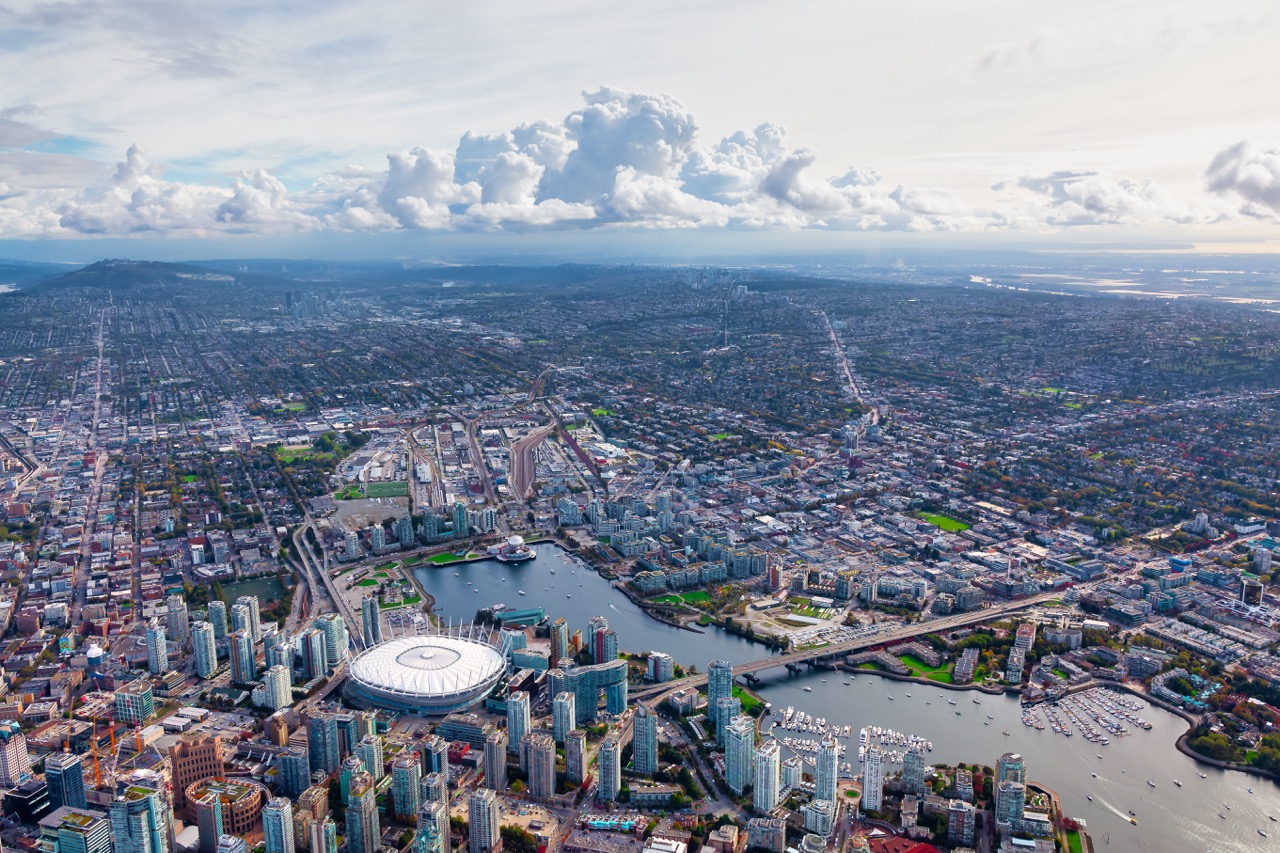British Columbia (BC) is a province renowned for its stunning natural landscapes and vibrant cultural scene. Each season offers a unique array of events and activities, inviting both residents and visitors to engage with the region’s rich traditions and natural beauty. From the lively summer festivals to the serene winter sports, BC’s seasonal offerings provide something for everyone. This article will evaluate the various seasonal events in BC, exploring summer, winter, fall, and spring activities and their cultural significance.
Evaluating Summer Festivals and Activities in British Columbia
Summer in BC is marked by an explosion of color and energy, as numerous festivals and outdoor activities take center stage. Events such as the Vancouver International Jazz Festival and the Victoria Fringe Festival not only showcase local talent but also attract artists and visitors from around the globe. These festivals celebrate music, arts, and culture while promoting community engagement and tourism. The warm weather allows for various outdoor events, including food festivals, markets, and outdoor concerts, which enhance the vibrant summer atmosphere.
Moreover, summer activities in BC are abundant and diverse, ranging from hiking in the breathtaking coastal mountains to kayaking in pristine waters. The province’s natural beauty serves as a backdrop for numerous outdoor recreational activities, drawing adventure enthusiasts to explore its parks and trails. The warm climate also makes it an ideal season for beach activities, with popular spots like Kitsilano Beach and Okanagan Lake attracting crowds for swimming, sunbathing, and water sports. This combination of cultural events and outdoor activities makes summer an exciting and lively season in BC.
However, the challenges of summer festivals should not be overlooked. Issues such as overcrowding, environmental impact, and the need for sustainable practices during large events often arise. As BC continues to attract tourists, balancing the celebration of culture with the preservation of natural resources becomes increasingly important. Evaluating summer in BC reveals a dynamic interplay between festivities, outdoor pursuits, and the environmental considerations that accompany them.
The Charm of Winter Sports and Celebrations in BC
Winter in British Columbia transforms the landscape into a snowy wonderland, offering a plethora of sports and celebrations that embrace the season. The province is home to world-class ski resorts such as Whistler Blackcomb and Revelstoke, which attract winter sports enthusiasts from around the globe. Skiing, snowboarding, and snowshoeing are just a few of the activities that thrive during this season, providing ample opportunities for adventure and exploration amidst stunning alpine scenery.
In addition to sports, winter festivals play a significant role in BC’s cultural calendar. Events like the Vancouver Christmas Market and the Whistler Snowshoe and Winter Festival celebrate the holidays with lights, local crafts, and seasonal delicacies. These gatherings not only foster community spirit but also encourage local economic growth through tourism. The festive atmosphere during this time of year caters to families and individuals alike, creating lasting memories and connections among participants.
However, the winter season also presents challenges, such as accessibility and environmental sustainability. While winter sports offer exhilarating experiences, they can lead to increased congestion in popular areas, raising concerns regarding safety and ecological preservation. The reliance on snow for these activities also makes winter weather patterns a crucial factor for ensuring the success of events and tourism. Overall, winter in BC encapsulates a blend of sports and celebrations that showcase the province’s charm but also necessitate mindful management.
Fall Harvest Festivals: A Cultural Perspective in BC
As summer fades, autumn brings a bountiful harvest season in British Columbia, celebrated through various festivals that reflect the region’s agricultural heritage. Events like the Abbotsford International Airshow and the Okanagan Fall Wine Festival showcase local produce, wine, and the region’s cultural diversity. These festivals often feature farm tours, tastings, and workshops, allowing attendees to engage with the local community and learn about sustainable farming practices.
The cultural significance of fall harvest festivals extends beyond mere celebrations of food. They serve as a platform for Indigenous communities to share their traditions and histories, fostering a greater understanding of the region’s diverse cultural landscape. Events such as the Squamish Nation’s Annual Pow Wow highlight the importance of cultural heritage while promoting inclusivity and respect among participants. The opportunity to celebrate harvests and honor cultural traditions during this season enriches the community and strengthens relationships among diverse groups.
However, fall festivals must also address issues such as climate change and its impact on agriculture. The unpredictability of weather patterns can affect crop yields, thus influencing the success of harvest-related events. Additionally, the increasing popularity of these festivals may lead to challenges such as overcrowding and resource strain. Evaluating fall festivals in BC reveals a deep connection to the land and cultural heritage, while also highlighting the need for sustainable practices to ensure their continuation in the face of environmental challenges.
Spring Blooms: Assessing Nature and Events in BC
Spring is a season of renewal in British Columbia, marked by vibrant blossoms and an awakening of nature. Events such as the Vancouver Cherry Blossom Festival celebrate the region’s stunning floral displays, drawing visitors to parks and gardens. The festival not only highlights the beauty of nature but also encourages community participation through various activities such as arts and crafts, cultural performances, and guided walks. This celebration of spring offers a unique opportunity for residents and tourists to connect with BC’s rich botanical heritage.
In addition to floral festivals, spring is a time when outdoor activities become more accessible as temperatures rise. Hiking trails that were once covered in snow become popular destinations for nature enthusiasts, while local markets showcase fresh produce and artisanal goods. Events like the Fraser Valley Food Truck Festival also take advantage of the season’s mild weather, providing a platform for food vendors and fostering community engagement. These activities reflect the growing interest in local food systems and sustainable practices, which are increasingly important to BC’s residents.
Despite the beauty of spring, challenges remain. The region is susceptible to unpredictable weather fluctuations, which can impact attendance at outdoor events. Furthermore, the growing popularity of spring festivals raises questions about environmental sustainability and the management of local ecosystems. Balancing the enjoyment of nature with its preservation is crucial to ensuring that future generations can experience the flourishing beauty of BC in spring. Overall, spring serves as a reminder of renewal and connection to nature, while also presenting opportunities for growth and awareness.
Comparing Seasonal Attractions: Which Season Excels?
When comparing the seasonal attractions in BC, each season offers unique experiences, making it challenging to declare one as superior to the others. Summer stands out for its vibrant festivals and outdoor activities, creating an energetic atmosphere that appeals to a wide audience. The abundance of arts, music, and food events in combination with outdoor adventures provides a summer experience that is hard to match. However, the environmental impacts and the challenges of managing large crowds during this peak season cannot be overlooked.
Winter has its own merits, particularly for those who embrace sports and winter celebrations. The charm of skiing and snowboarding, coupled with a host of festive events, highlights BC’s ability to create a magical atmosphere during the colder months. Yet, winter activities come with their own set of challenges, including accessibility and potential environmental consequences. The allure of the snowy landscape may lead to increased pressure on natural resources and infrastructure, which must be managed responsibly.
Fall and spring offer a different kind of beauty, rooted in cultural significance and a connection to nature. Fall harvest festivals celebrate local agriculture and community, while spring blooms create an enchanting environment that attracts nature lovers. Both seasons encourage outdoor engagement and highlight regional diversity, yet they also face challenges associated with sustainability and climate change. Ultimately, the comparison of seasonal attractions in BC reveals that each season excels in its own way, contributing to the province’s rich tapestry of experiences throughout the year.
In conclusion, British Columbia’s seasonal events provide an engaging blend of cultural celebration and natural beauty, appealing to a diverse audience year-round. Each season brings unique festivals and activities that reflect the province’s heritage, geographical diversity, and community spirit. The evaluation of summer, winter, fall, and spring highlights the importance of sustainability and mindful management to preserve the beauty and vibrancy of these events for future generations. Whether it’s the lively summer festivals, the charm of winter sports, the cultural richness of fall, or the refreshing blooms of spring, BC continues to enthrall residents and visitors alike with its seasonal allure.

